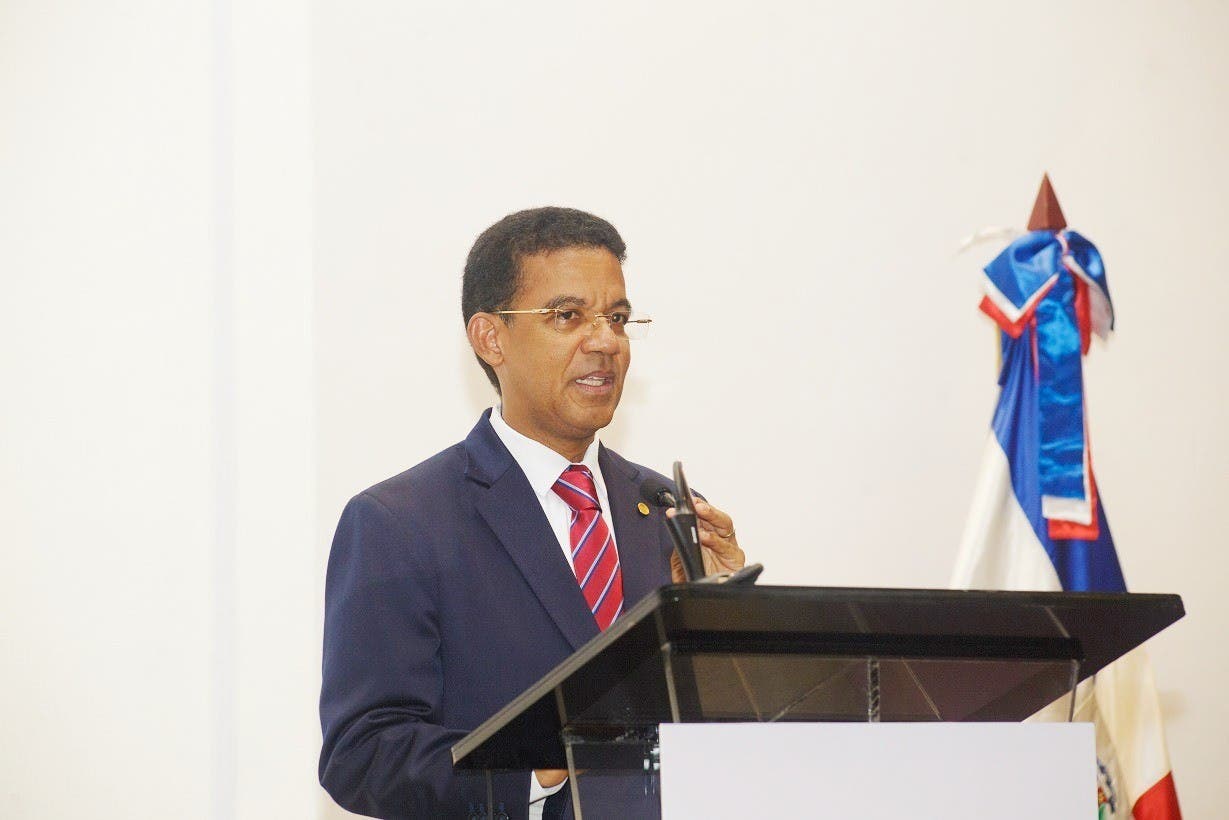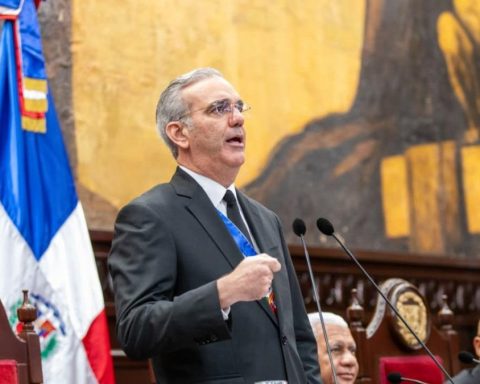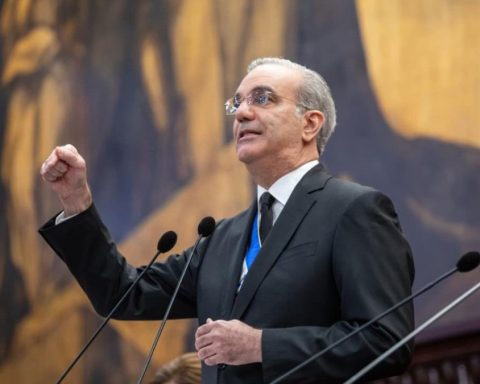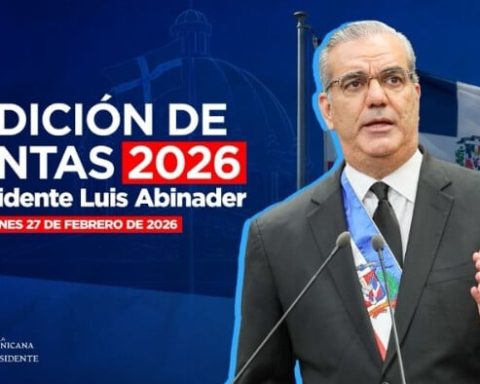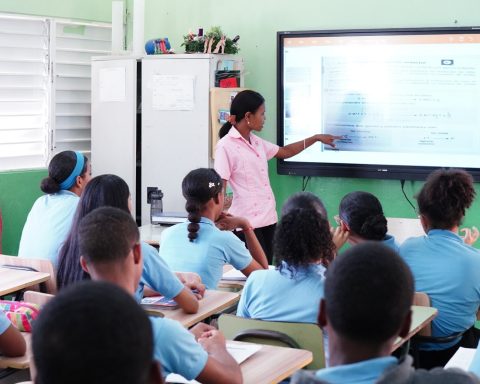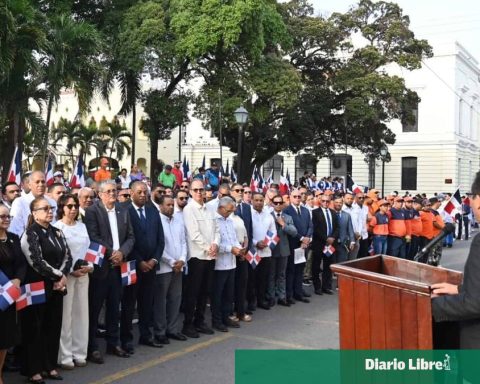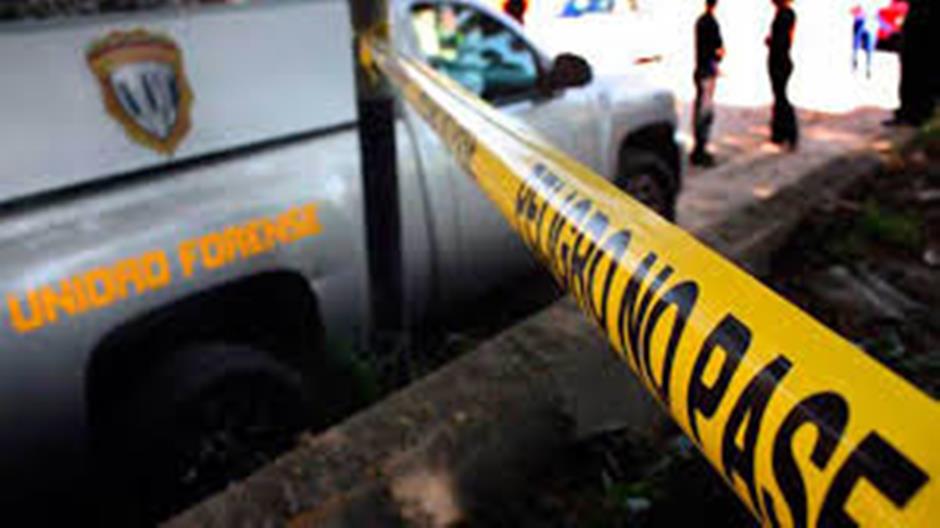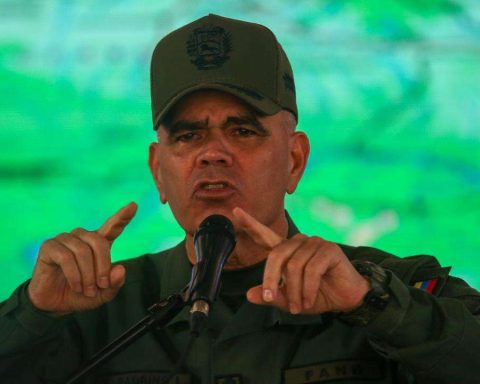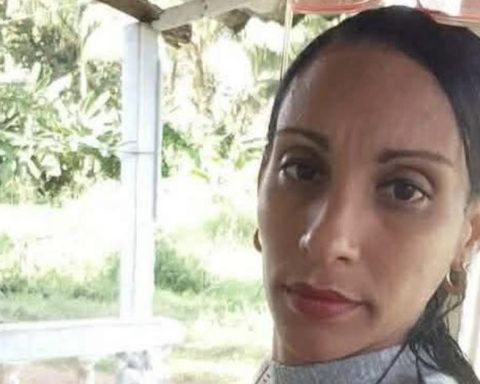Santo Domingo.- Magistrate Francisco Ortega Polanco, judge of the Second Chamber of the Supreme Court of Justice, indicated this Wednesday that in the justice system of the Dominican Republic the judge is an impartial third party who judges “what they take.”
He pointed out that in all scenarios, trials must be based on justice and truth, even in the so-called parallel trials, in which judges are sometimes “indicted” and are tried without any guarantee of their personal and professional dignity.
«What one wants is that judgments, in any dimension, be based on justice. The judge cannot bear the faults of others, he is an impartial third party who is not responsible for going out to find the truth, he has to judge what they bring to him, ”he said.
This was expressed by the also president of the Commission for Communication and Institutional Image of the Judiciary, when offering the opening words in the second workshop for communicators “The criminal process, effective judicial protection and the media”, in which journalists participated and opinion leaders, with the aim of educating about the functioning of justice and the different procedural stages.
Justice Ortega Polanco argued that journalists and judges constitute a channel of communication between two apparently distant sectors, but at the same time closely linked, since in some way the judges also communicate through their rulings and motivations.
Likewise, he also said that like judges, journalists judge and it is at that point where the citizen seeks to specify which of the actors to follow.
The facilitators of the workshop were the magistrates Rafael Báez, judge of the first Chamber of the Criminal Chamber of the Court of Appeal of the National District; Esmirna Gisselle Méndez Álvarez, presiding judge of the First Collegiate Court of the Criminal Chamber of the National District Court of First Instance; and Kenya Scarlet Romero, coordinating judge of the Investigating Courts of that jurisdiction.
The training, which was carried out in coordination with the National School of the Judiciary (ENJ) and the Dominican College of Journalists (CDP), is part of the press training and updating program carried out by the Dominican Judiciary since the year 2019.
During the development of the training, the magistrate Kenya Romero dealt with the topics: potentialities of judicial communication, the perception of the group, phases of the accusatory criminal process, effective judicial protection, the stages in a criminal process, the content of the accusation and the impact of the final acts.
While the magistrate Esmirna Gisselle Méndez explained the stages in the criminal trial, the roles of the judge, the defense and the Public Ministry, fundamental principles, rights and guarantees, the terms and their consequences, the deprivation of liberty and the cessation of prison preventive; principle of publicity, participation of the media and its limitations, as well as resources.
On his side, Judge Rafael Báez addressed matters related to the execution of the sentence, rights of the person deprived of liberty, the progressive system of the penitentiary and correctional system, exit permits and in what circumstances they apply, among other important issues.
The workshop was attended by reporters, opinion leaders, commentators, press correspondents and journalists assigned to the judicial source.
